Minden Montessori of Glenbrook School prides itself on being a well-trained and loving staff. Each member of our staff strives to enrich your child’s daily physical, emotional and academic experiences with the love and attention young children require to become successful.
The goal of Minden Montessori of Glenbrook School is to take your child to the developmental stage he or she is, upon entering our school, and expand his or her developmental stage to its fullest potential. Our faculty encourages the child to reach beyond the basic pre-school program. The skills and habits of work, observation, concentration, and self-education that our children attain in the primary class can last them a lifetime. With love, encouragement, and understanding, they are on their way to becoming happy and productive members of our society.
Susan Hunter has been educating children for 38 years. She has an undergraduate degree in Kindergarten/Primary education, MA in Reading Education from LA Tech University, Ruston LA and a Montessori Methods teaching certificate from St. Nicholas Center, London. Ms. Susan taught 11 years in the public school system of Webster Parish and has been a director/teacher at Minden Montessori School for the past 27 years. Ms. Susan is now the director/administrator at Minden Montessori of Glenbrook School.
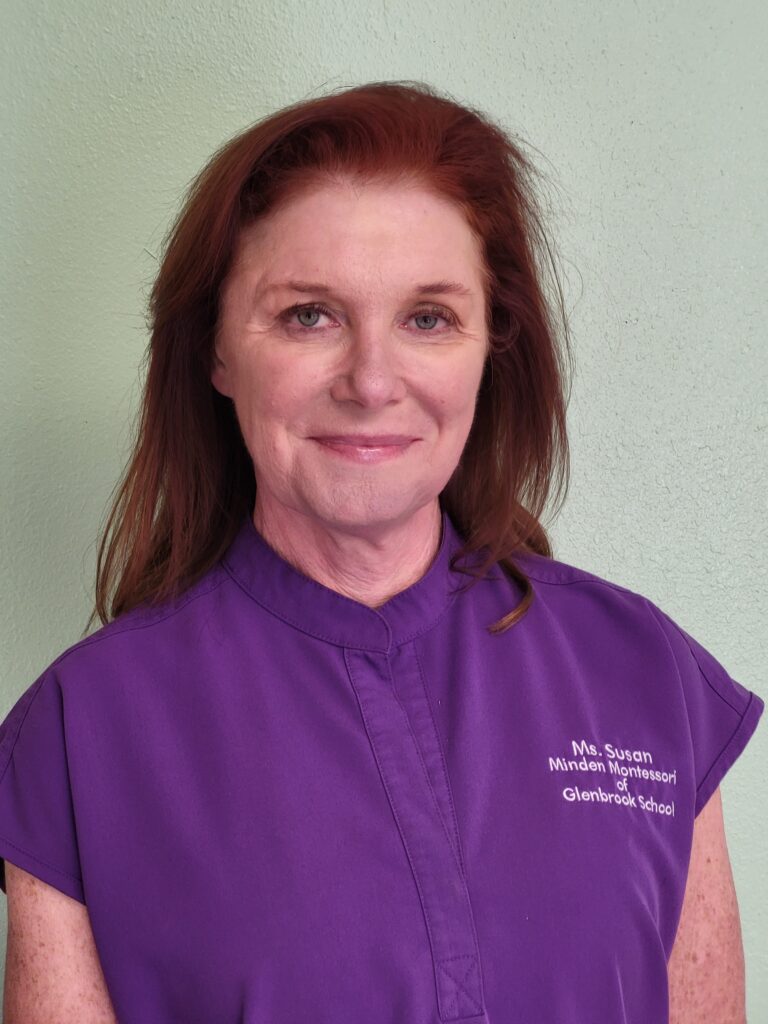
Samantha Crates was a student at Minden Montessori School. She returned to the program as a teacher in 2017. Samantha continues as lead teacher of the young children at Minden Montessori of Glenbrook School. She is Montessori trained and is furthering her education as a full-time student at La Tech University.
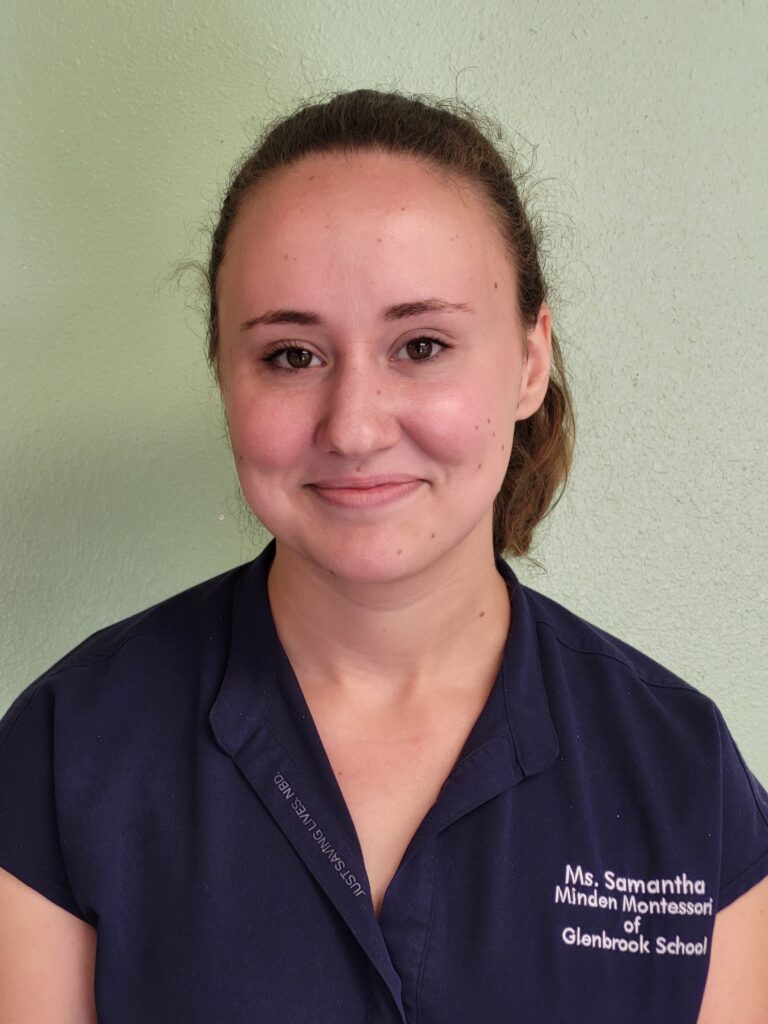
Lindsey Powell is the newest member of the Minden Montessori of Glenbrook School staff. Ms. Lindsey taught in the Webster Parish School system for 2 years before transitioning to the staff of Minden Montessori of Glenbrook School. Lindsey achieved her undergraduate degree at LA Tech University. She recently achieved her iTeach and PK4 certification. Ms. Lindsey is currently working on her Montessori training.
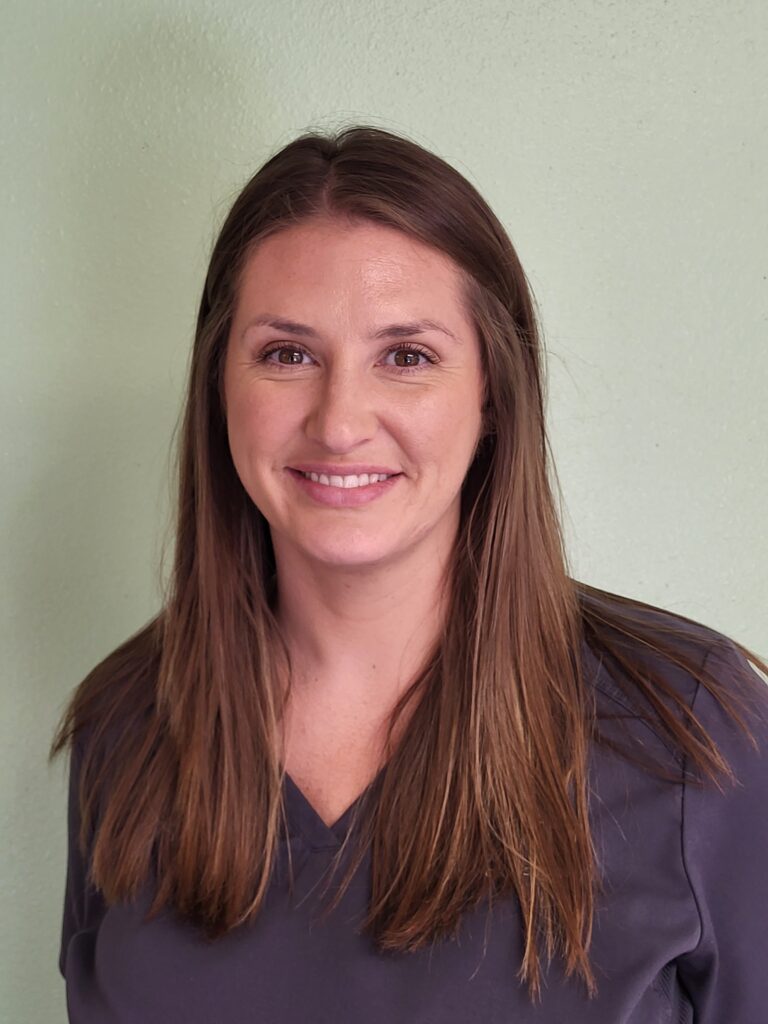
Katherine Coleman has been a teaching assistant at Minden Montessori of Glenbrook School for the past 2.5 years. Ms. Katherine is a graduate of NWLTCC. Katherine assists in all areas of our program specializing in our after-care program.
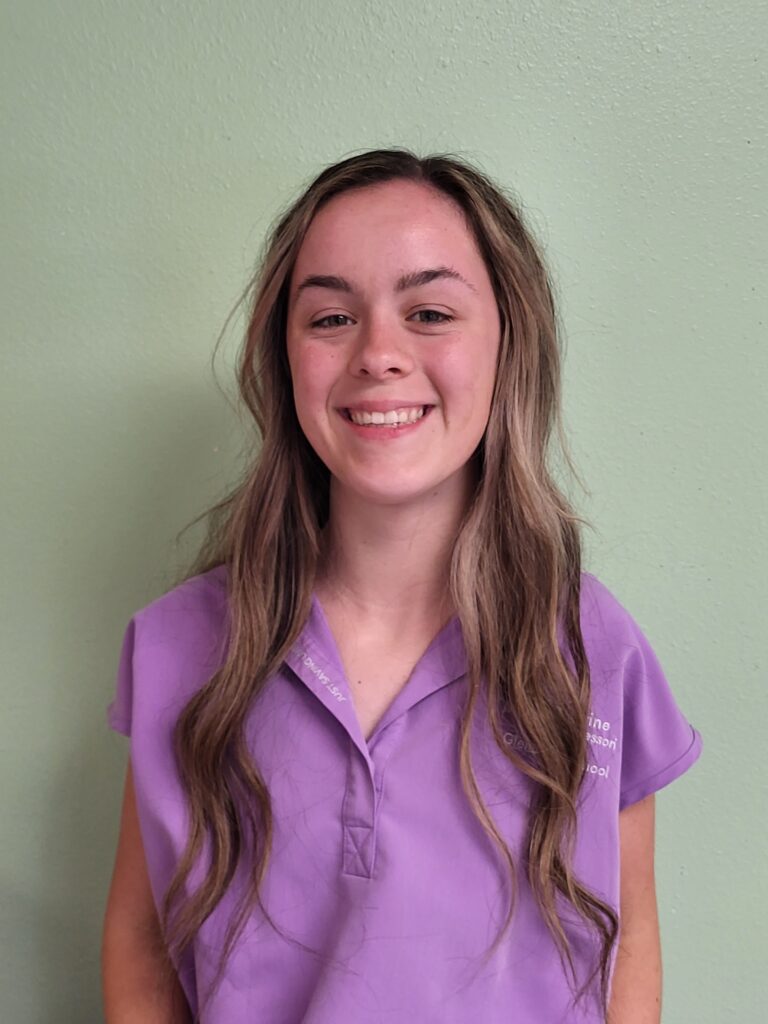
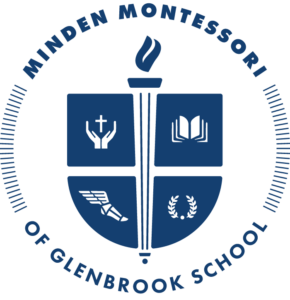
613 Germantown Road
Minden, LA 71055
(318) 377-9722
